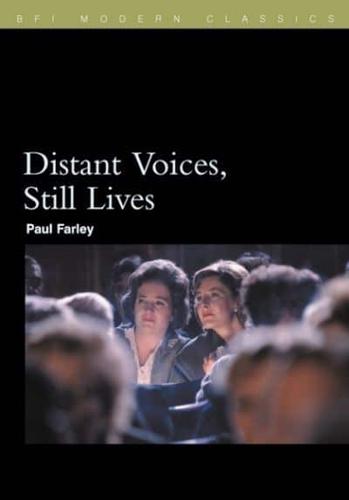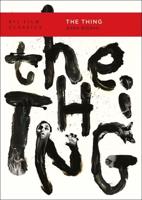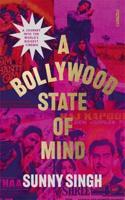Publisher's Synopsis
Set in 'a world before Elvis, in a Liverpool before the Beatles', Terence Davies' film 'Distant Voices, Still Lives' is an elegiac and intensely autobiographical meditation on a post-war working-class childhood. Paul Farley's study of the film is both a personal response, as a Liverpudlian and as a poet, and an exploration of Davies' unique visual style, blending the spaces - the 'short halls, stairways, coal cellars and meter cupboards of northern England' - and sounds - the BBC shipping forecast, a pub sing-a-long, the strains of Vaughan Williams and Britten - of memory.












